AeroGenie — Tu copiloto inteligente.
Tendencias
Categories
Thai Airways Invests in EEC MRO Center, Boosts Aviation Industry
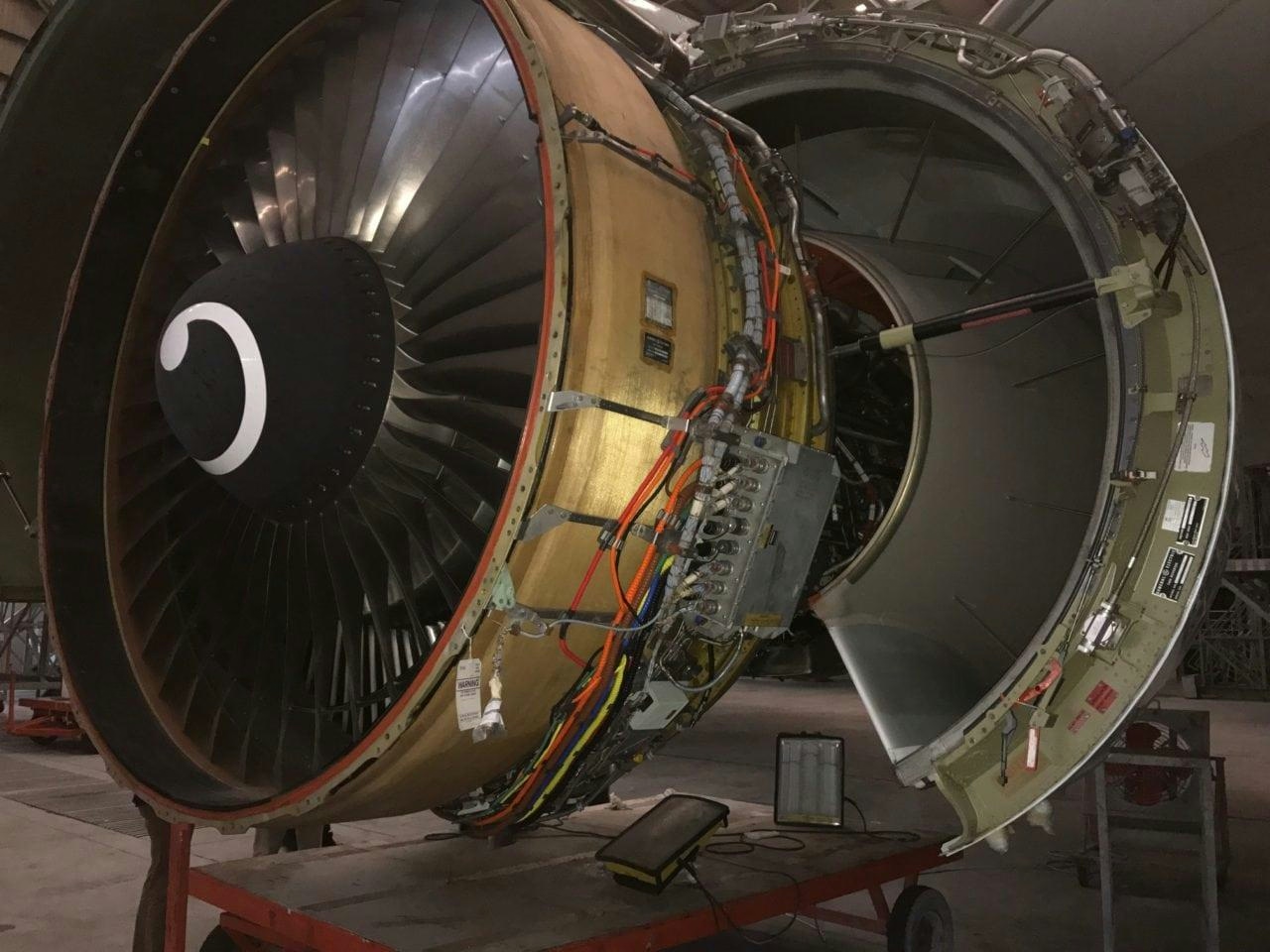
Thai Airways Advances Major Investment in Eastern Economic Corridor MRO Center
Thai Airways International is set to make a significant investment in an Aircraft Maintenance, Repair, and Overhaul (MRO) center located within the Eastern Economic Corridor (EEC) at U-Tapao Airport. This initiative aims to strengthen Thailand’s aviation industry by establishing the country’s largest MRO facility, a move expected to enhance the nation’s position in the regional aviation market. According to Chula Sukmanop, Secretary-General of the EEC Policy Committee, negotiations for leasing a 210-rai site are nearing completion, with a formal agreement anticipated by January following board approval.
Project Scope and Strategic Partnerships
The project, valued at approximately THB 10 billion and structured as a 50-year lease, will be managed through a newly established Thai Airways subsidiary. The airline is currently evaluating potential joint ventures with private sector partners to optimize operations. The MRO center will provide heavy maintenance services that are presently available only in regional hubs such as Singapore, thereby reducing Thailand’s dependence on foreign facilities. This development is expected to catalyze growth in related sectors, including aircraft parts manufacturing and supplier networks, generating considerable economic benefits.
Adjacent to the main MRO facility, the EEC will allocate an additional 50-rai area dedicated to private jet services, further expanding the region’s aviation infrastructure. Thai Airways has recently registered two wholly owned subsidiaries—Thai MRO Services Company Limited and Thai MRO Group Company Limited—each with a registered capital of THB 1 million, to oversee the project’s operations. Operational collaboration has been established with Bangkok Airways, which will independently manage approximately 30 rai of the site, while Thai Airways will oversee the remainder, reflecting its larger fleet size. Although this partnership is not a capital joint venture, both airlines will invest in and manage their respective operations.
Capacity, Financial Outlook, and Development Phases
The MRO center is designed to support Thai Airways’ expanding fleet, projected to reach 150 aircraft by 2033. Initially, the facility will provide maintenance services for 90 aircraft annually, primarily servicing domestic airlines. Any excess capacity will be made available to external customers, with anticipated annual revenues of THB 4–5 billion. Plans include expanding hangar capacity in response to growing demand.
The investment will be implemented in two phases. The first phase, with a budget of THB 6 billion, involves constructing three hangars and associated infrastructure, scheduled to commence in 2027 and expected to take approximately three years. The second phase will add three additional hangars at a lower cost by utilizing existing infrastructure.
Market Challenges and Industry Context
Despite the promising outlook, Thai Airways faces a competitive and evolving MRO market. The integration of new maintenance operations will require navigating regulatory compliance and contending with established regional MRO providers. Industry dynamics are shifting, with companies such as Pratt & Whitney addressing technical issues related to PW1500G engines, which may influence MRO demand. Additionally, Dubai Aerospace’s expansion of its leasing fleet is expected to drive further growth in MRO services. These factors suggest that while Thai Airways’ investment may bolster investor confidence in its long-term strategy, competitors are likely to respond by enhancing their own MRO capabilities or forming strategic partnerships to maintain market share.

Bentley Uses Sustainable Aviation Fuel for Luxury Car Deliveries
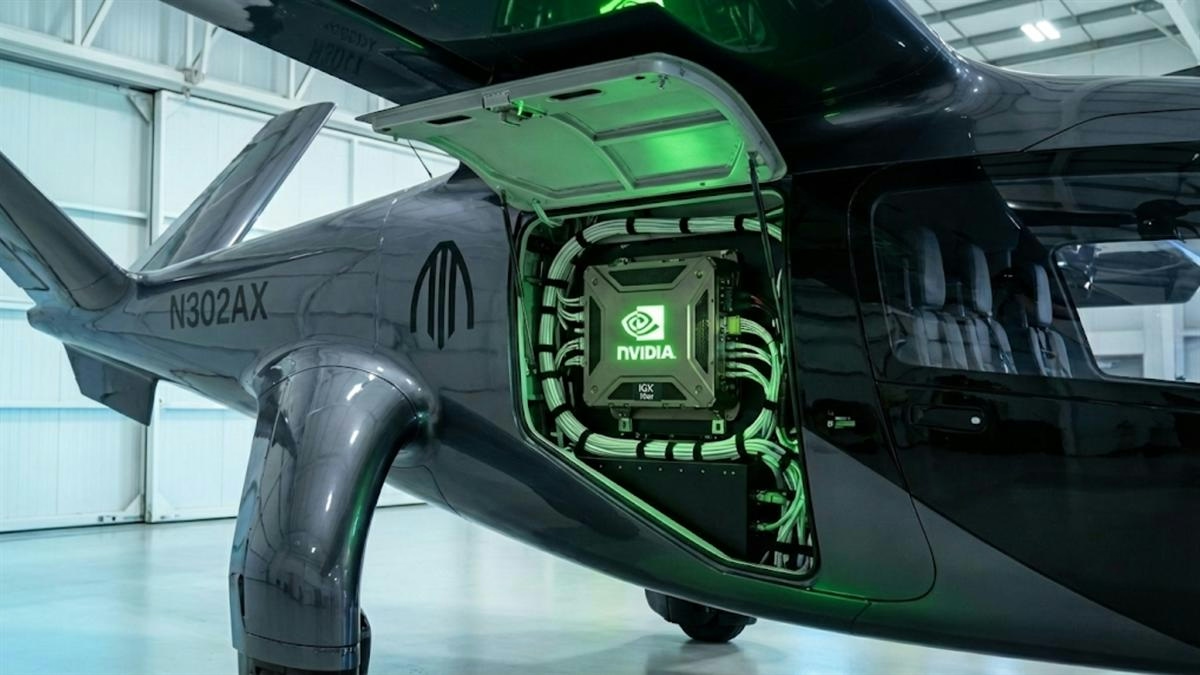
Archer Aviation’s UK AI Flight Hub and NVIDIA Partnership Shift Investment Outlook
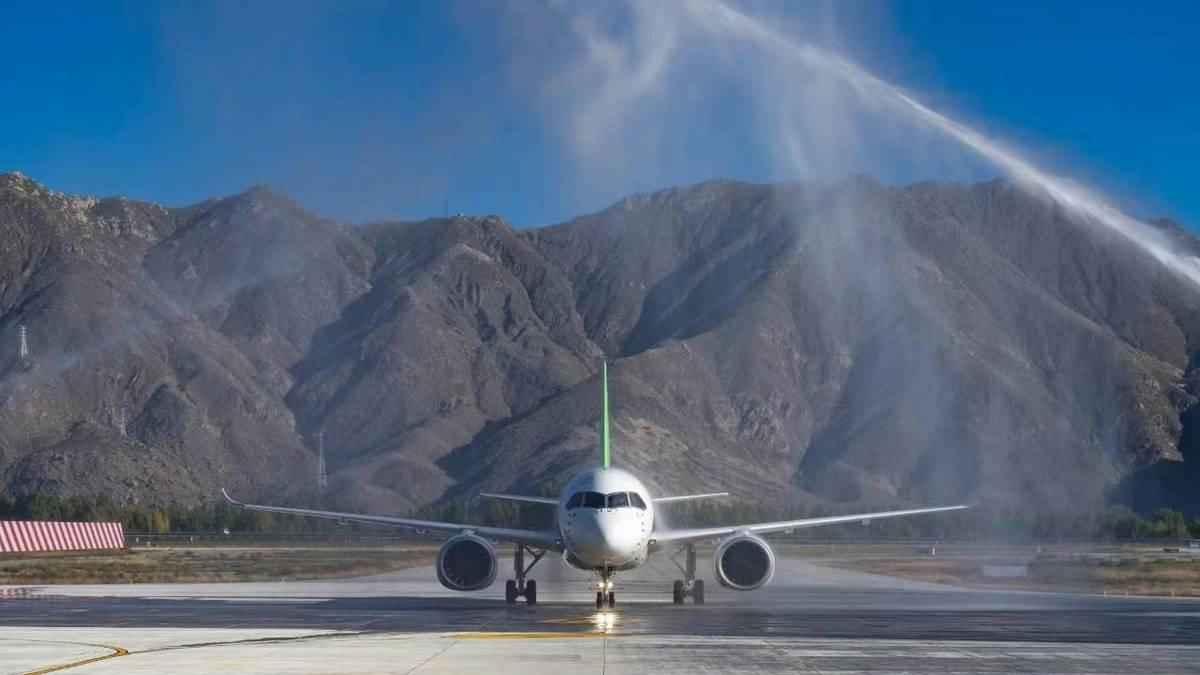
COMAC Faces Delays as Supply Chains and Sanctions Restrict Output and Western Access
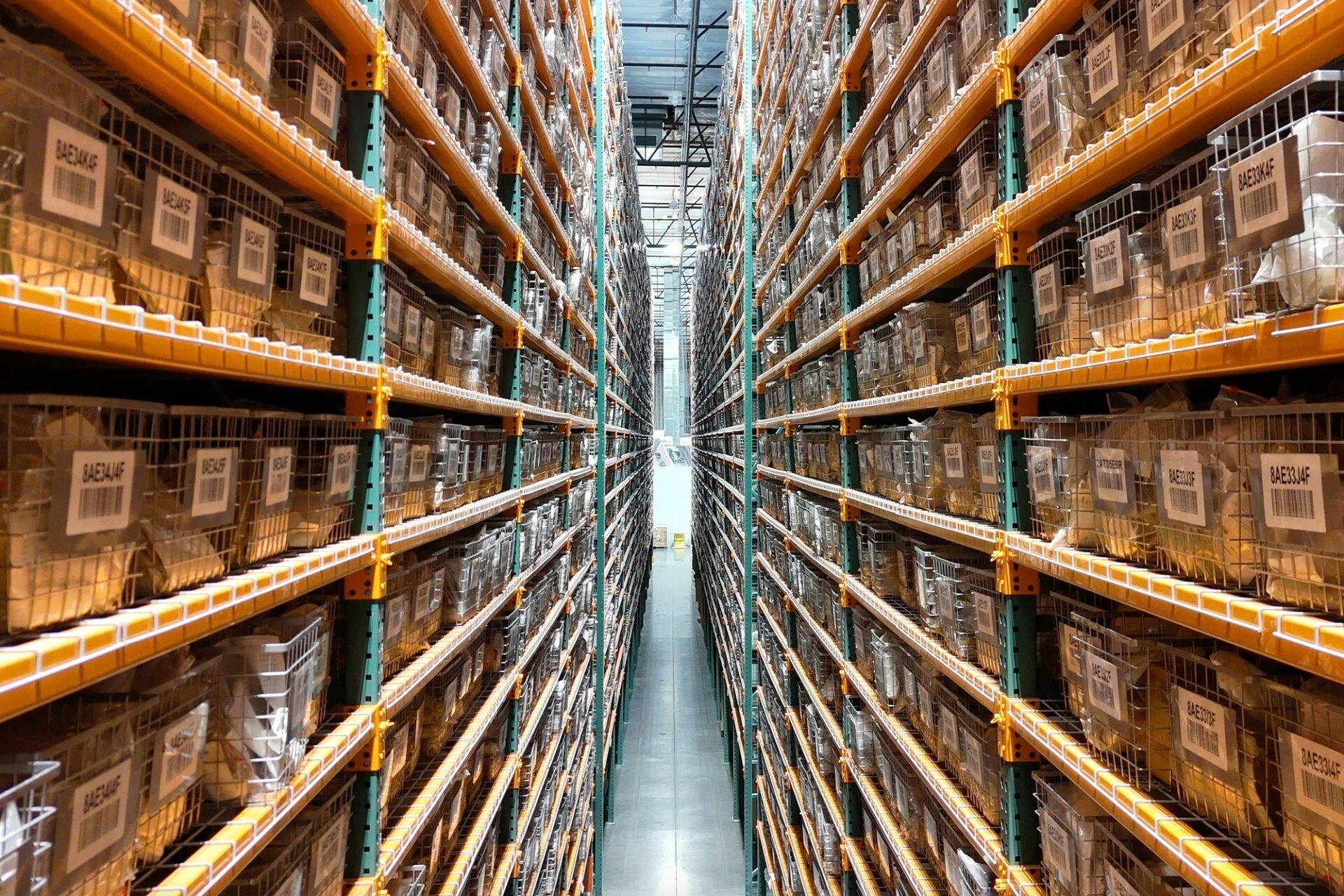
Aviation Tariffs Shift Focus Amid Market Volatility
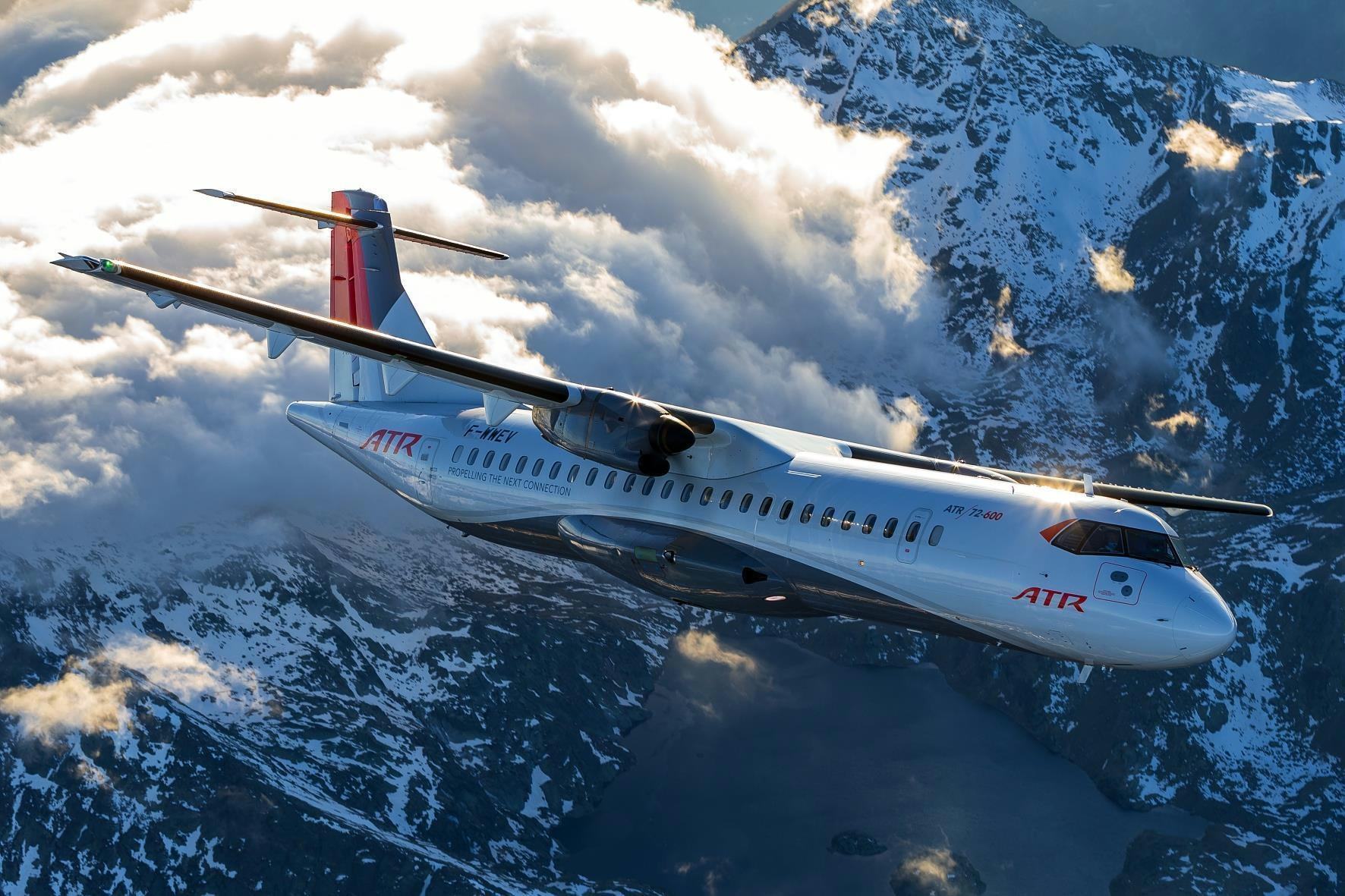
ATR Airlines Misses Targets Amid Aircraft Delivery Delays

Sen. Jerry Moran Proposes Bipartisan Bill to Improve FAA Certification for Advanced Air Mobility
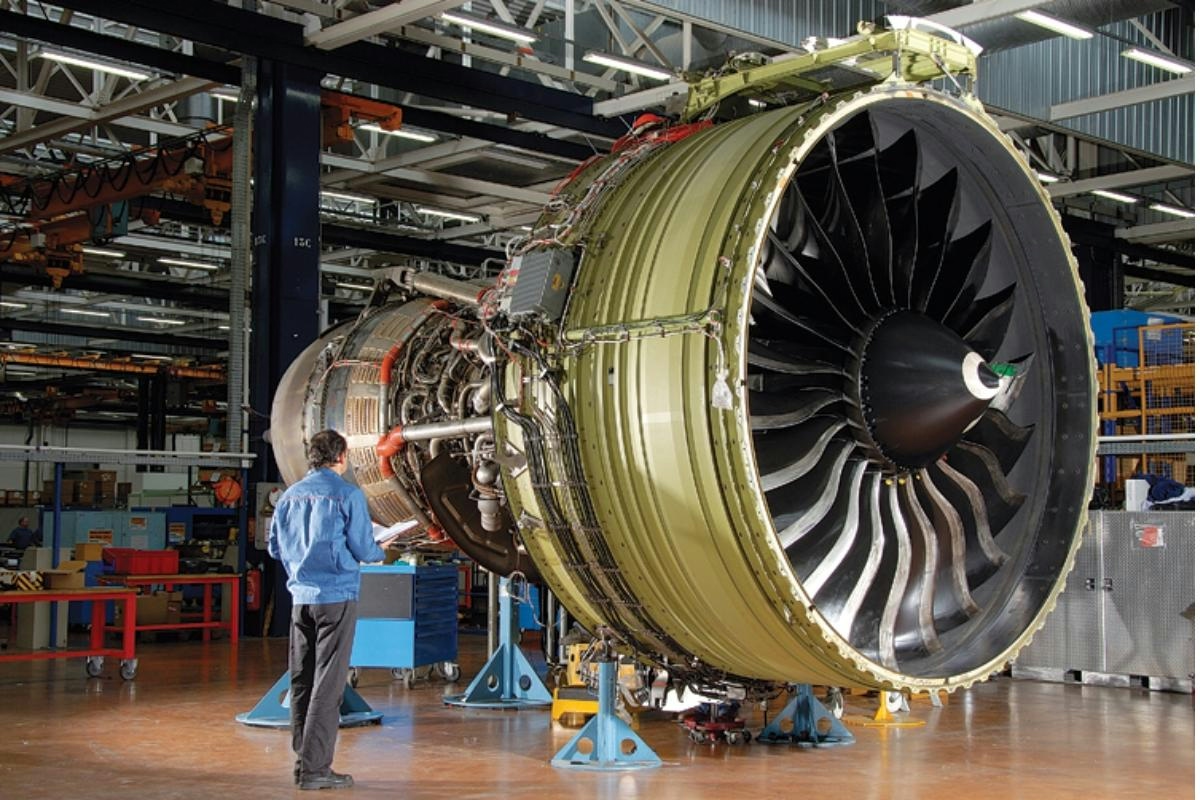
Aviation to AI: How Boeing Engines Are Powering the Data Center Boom
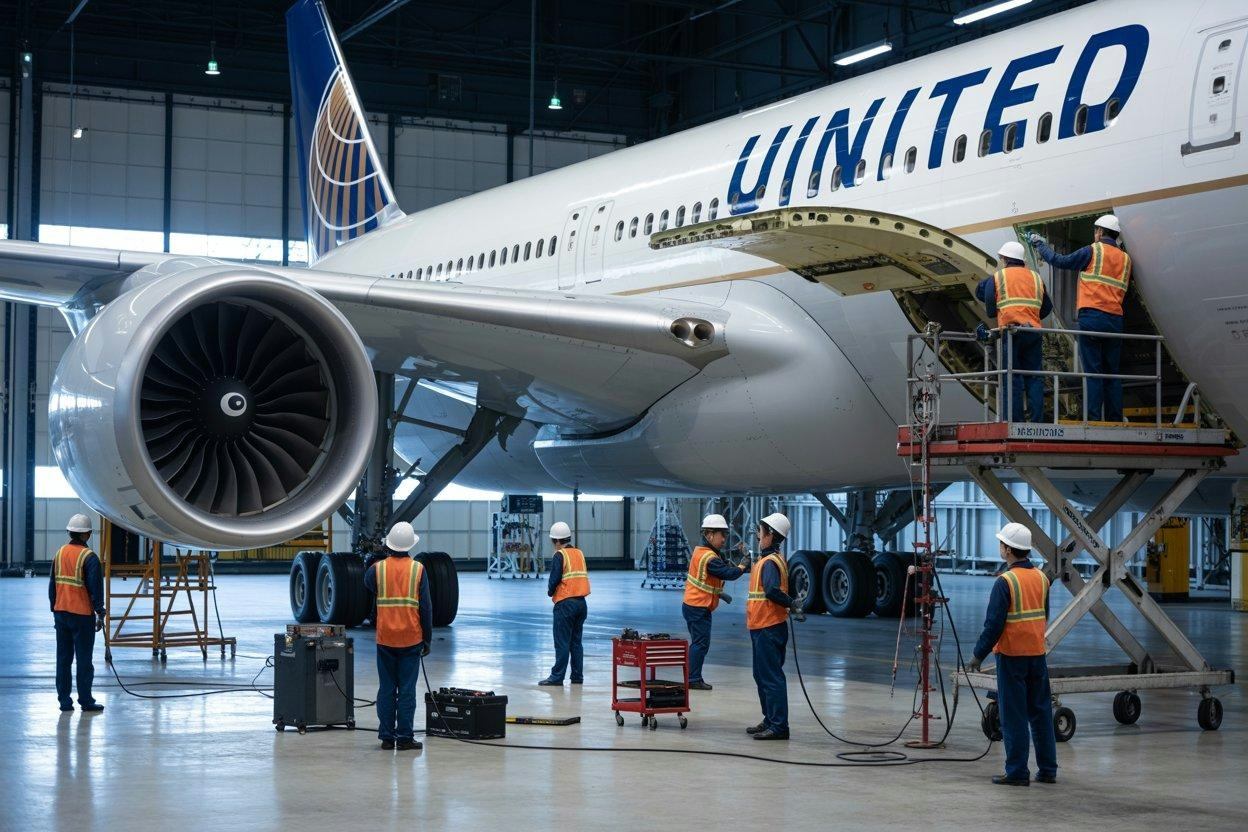
US Audit Identifies FAA Oversight Gaps at United Maintenance

The Impact of Agentic AI on Airport Operations
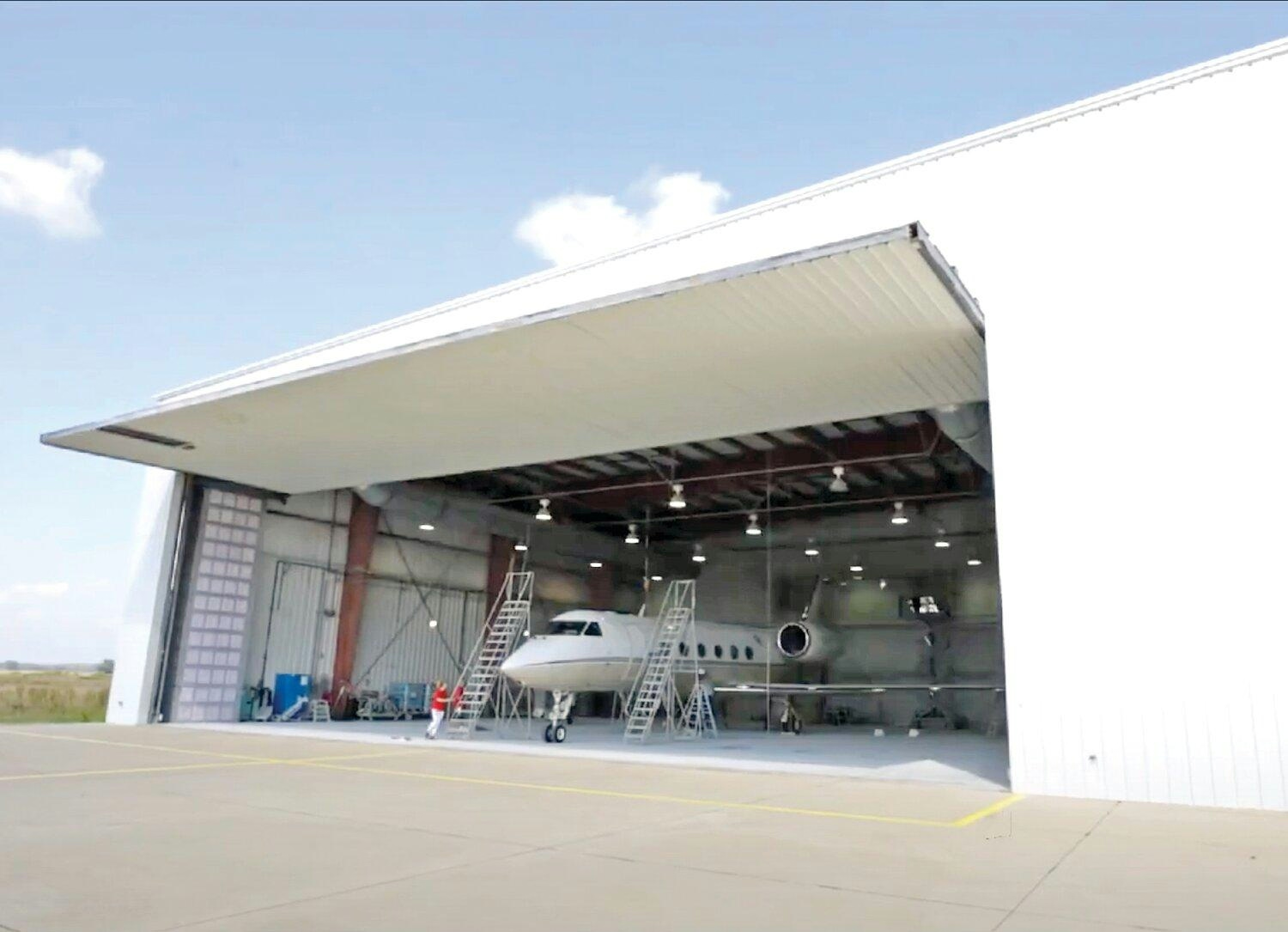
West Star Aviation Announces Expansion in Chattanooga
